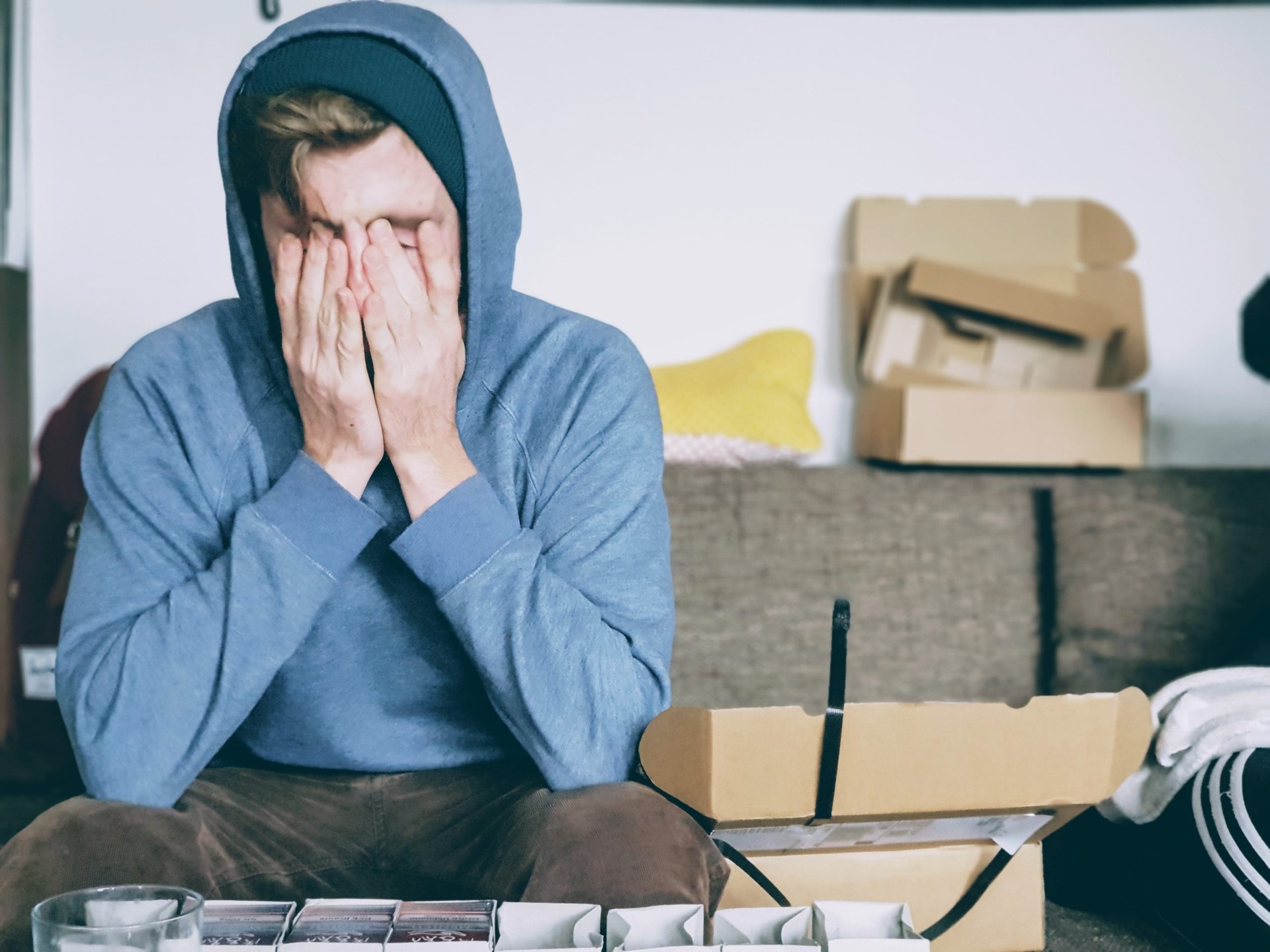The Value of Empathy in Virtual Communications
Communication is complex, containing many layers that play a role in accurately getting a message across – from body language to tone of voice to our choice of words. Each serves a purpose, and each is uniquely important in effectively sharing our thoughts with the people around us.



